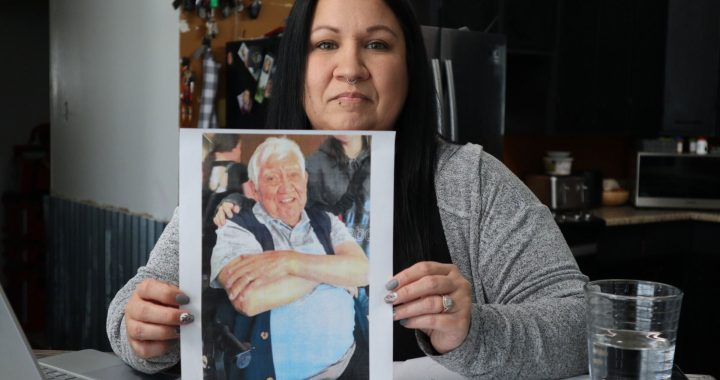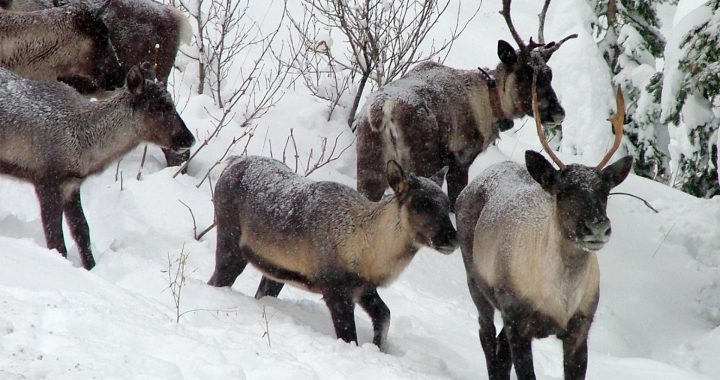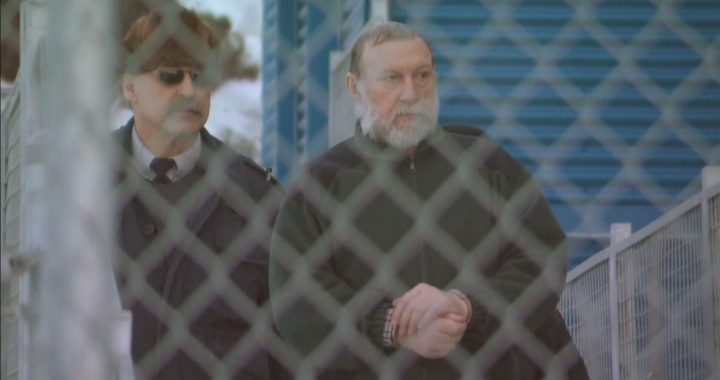He was in the wrong place at the wrong time, jokes Bird Runningwater when asked how he got his start in the film industry.
Following graduate school, Runningwater, who has degrees in public affairs, journalism and Native studies, started working for the billion-dollar Ford Foundation charity. There, he was responsible for grant-making for radio, TV, and film projects all over the world.
He attended his first Sundance Film Festival in 1998 the year Smoke Signals was released. The movie was promoted as the first feature-length film, written, directed, and produced by Native Americans and an important movie for Indian Country.
Three years later, Runningwater was guiding the Sundance Institute’s investment in Native American and Indigenous filmmakers and helping to build a global Indigenous film community.
“I got to be welcomed into Indigenous communities, literally around the world while on the quest for great storytellers,” says Runningwater who belongs to the Cheyenne and Mescalero Apache Tribes.
“When I first started running the Indigenous program at Sundance, two of the very first filmmakers that I took a great risk in supporting and championed were Sterlin Harjo and Taika Waititi. And we both know them now as the co-creators of Reservation Dogs, Taika won an Oscar for JoJo Rabbit,” says Runningwater on the latest episode of Face to Face.
Runningwater stepped aside from the Sundance Institute in October 2021 and is now the CEO of Cloud Woman Media.
He also has a first-look deal with Amazon Studios. He’s currently working on a number of projects including Sovereign, which has been touted as the first, Native American family drama for network television.
Waititi, Harjo, and Runningwater all started out during a time when it was difficult to get acknowledged in the Hollywood system.
Runningwater believes that up until recently, Native Americans have been erased from popular culture.
Even with the success of Indigenous-authored and centered shows like Reservation Dogs and Rutherford Falls and films like Prey and Night Raiders, a recent study by Illuminative, an overwhelming majority of Americans, didn’t even know Native Americans still exist.
“So, when you combine that with basically invisibility in American popular culture, we have a really serious effect of erasure, which is primarily intentional based on the colonial process,” says Runningwater.
According to the same Illuminative study, Indigenous characters in primetime television and popular films range from 0 to 0.4 percent.
Despite some recent success with a racial reckoning in the industry, there is still a lot more work to go, says Runningwater.
“I think one of the most inspiring things I’m seeing is with having people in positions as showrunner and with deals. I have a deal, Sterlin has a deal, Sierra Teller Ornelas has a deal with Universal Studios. Michael Greyeyes has a deal with Blumhouse Media.
“So, there’s four of us who have studio deals and all of us are basically in a position to hire Native directors and Native writers, which is really having an impact on the Hollywood system.”
As the co-chair of the Academy’s Indigenous Alliance and a member of the Academy Inclusion Advisory Committee, Runningwater played a big role in securing a recent apology for Sacheen Littlefeather.
This interview with Runningwater was recorded just days after Littlefeather passed away.
Last month, a story by Jaqueline Keeler for the San Francisco Chronicle, called into question Littlefeather’s claims of Indigeneity.
In a response to APTN News, an Academy Museum spokesperson provided the following statement:
“The Academy Museum is aware of claims that have been made over several decades regarding the background of Sacheen Littlefeather. This is something both Littlefeather and the Native American community have addressed continuously since the 1970s. Native American and Indigenous identity is deeply complex and layered, especially in the United States, and these communities have long battled erasure and misrepresentation.
“With the support of its Indigenous Alliance—an Academy member affinity group—the Academy recognizes self-identification.”













